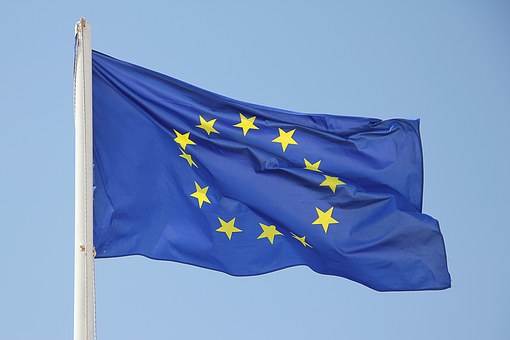 Manufacturing sector activity continues eroding in the Eurozone, according to data published by IHS/Markit.
Manufacturing sector activity continues eroding in the Eurozone, according to data published by IHS/Markit.
The Eurozone's manufacturing PMI went down to 45.6 in September from August's 47.0, hitting an 86-months low, while the services PMI followed the trend, going from 53.5 in August to 45.6 in September, hitting a 8-months low.
The PMI Composite for all the Eurozone was at 50.4 in September, going down from August's 51.9, the lowest figure in 75 months.
“The eurozone economy is close to stalling as a deepening manufacturing downturn shows further signs of spreading to the services sector,” said IHS Markit's Chief Business Economist Chris Williamson, pointing out at the economic deceleration the eurozone is suffering and forecasting a 0.1 percent economic growth in the third quarter.
“The goods-producing sector is going from bad to worse, suffering its steepest downturn since 2012," he continued, "but a further worrying trend is the broadening-out of the malaise to the service sector, where the rate of growth has now slowed to one of the weakest since 2014,” he added.
The trend shows that unless demand increases in the future, as new orders for goods and services are decreasing at a fast rate, Eurozone's factories will keep cutting their output.
European Central Bank: manufacturing sector situation due to domestic factors
In an Economic Bulletin article, the European Central Bank highlighted that the erosion of the European Industry is due to internal factors like a lower industrial output growth in Germany, which is the biggest and most important economy in the area.
“The more recent increase in the negative contribution of domestic factors to euro area industrial production growth is due to lower industrial output growth in Germany, possibly linked to the weaker consumption growth recorded in this country in the second quarter of 2019,” said the ECB.
This controverts the idea that this situation is linked to external factors, mostly the slowing down global economy, which is suffering the consequences of Donald Trump's trade wars. The ECB said that between July 2018 and June 2019 global trade troubles only explained 37% of the industrial contraction in the Eurozone, while domestic factors explained 63% of the contraction.
The Bank recently released a stimulus package, including a controversial bond-purchasing program, to help the Eurozone economy. The effectiveness of such a move is questioned, as the Eurozone Banks didn't react enthusiastically to the ECB’s targeted longer-term refinancing operations (or TLTROs), which offers banks favorable rates.
IHS Markit's Chief Business Economist Chris Williamson said that given the European Industry slowdown, the ECB may be pressured to expand its stimulus package.
“With survey data like these, the pressure will grow on the ECB to add to its recent stimulus package,” he said.
By 9:59 GMT the EUR/USD pair was at 1.0981, losing 0.32 percent, the EUR/JPY stood at 118.06, going down by 0.38 percent while the EUR/CHF lost 0.28 percent, at 1.0886.
